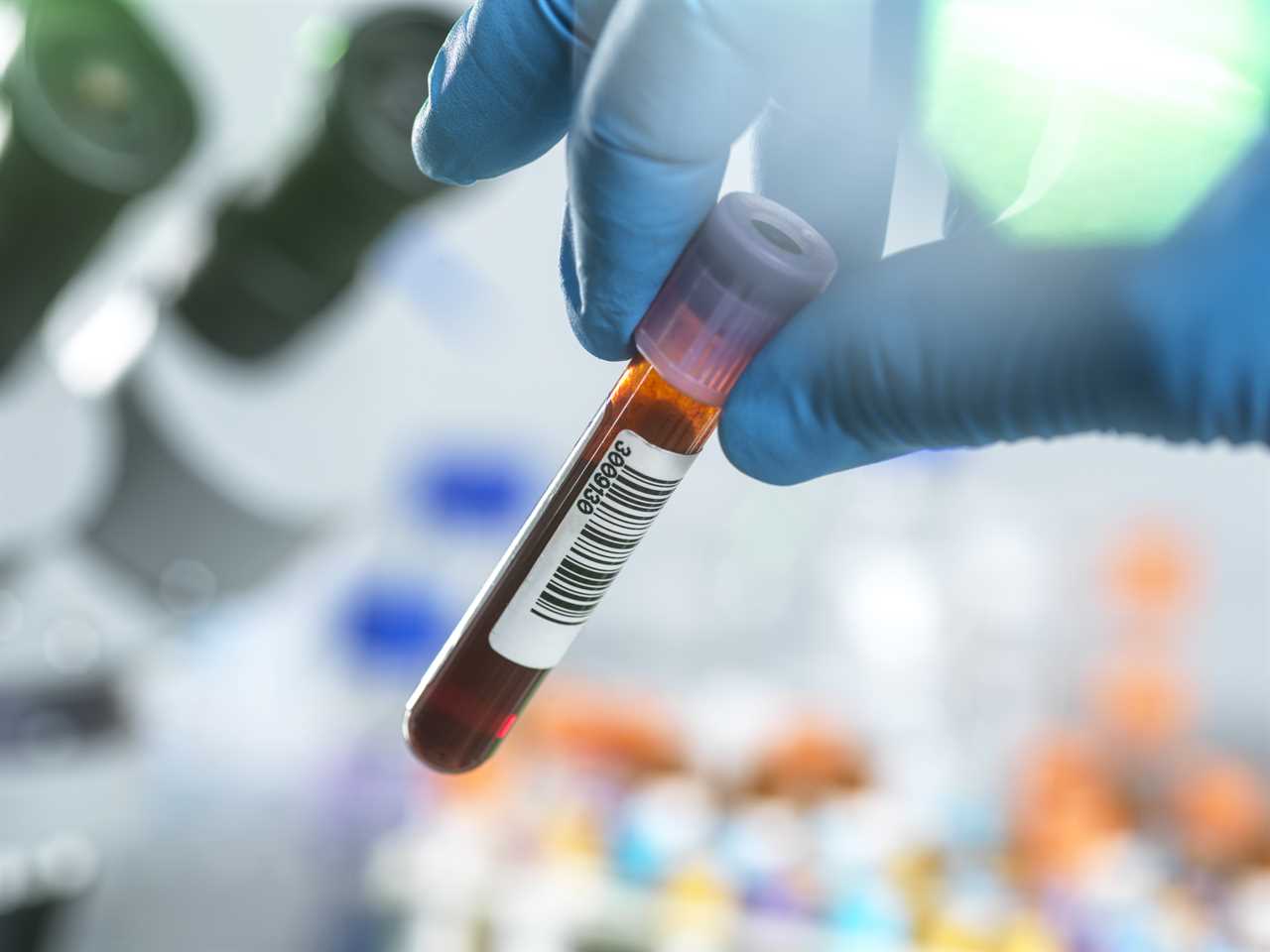
Health officials have announced a groundbreaking initiative within the NHS, offering a blood test capable of detecting cancer at early stages, even before symptoms manifest. This innovative test, with a reported 99% accuracy rate, utilises AI technology to analyse blood samples for minute traces of genetic material from various tumours, potentially detecting up to 12 common cancers, including bowel cancer.
The Potential of Early Detection:
This miONCO-Dx blood test, developed by a team at the University of Southampton, has the potential to significantly improve cancer survival rates by enabling earlier, faster, and more cost-effective diagnosis. By identifying cancer presence in the body through genetic material analysis, this test holds promise for a range of cancers, including lung, gastric, prostate, ovarian, and breast cancers, among others.
Advancing Cancer Care Through Innovation:
The development of this cutting-edge technology, supported by a £2.4 million grant from the National Institute for Health and Care Research (NIHR) and the Government, marks a pivotal moment in cancer diagnostics. Health Secretary Wes Streeting, a cancer survivor himself, emphasised the importance of early detection in improving cancer outcomes, underscoring the government's commitment to transformative cancer care initiatives.
Mr. Streeting highlighted the broader national cancer plan aimed at enhancing patient access to leading treatments and technologies, ultimately elevating the UK's cancer survival rates to global standards. The renaming of a cancer lab in memory of the late Dame Deborah James, a passionate cancer awareness advocate, further underscores the government's dedication to advancing cancer research and treatment.
Empowering Research and Honouring Legacies:
The Bowelbabe Laboratory at the Francis Crick Institute in London, funded by Cancer Research UK, stands as a beacon of innovative research in cancer diagnostics. Professor Sir Stephen Powis of NHS England emphasised the potential of the miONCO-Dx blood test to revolutionise bowel cancer detection, potentially reducing the need for invasive procedures and improving outcomes for patients.
Michelle Mitchell, chief executive of Cancer Research UK, highlighted the impact of Dame Deborah James's legacy in driving forward research efforts and supporting individuals affected by bowel cancer. The collaborative efforts of leading scientists and health officials aim to harness the power of innovative technologies to combat one of the UK's most prevalent forms of cancer.
As this transformative blood test undergoes further trials and validation phases, its potential to reshape cancer diagnostics and improve patient outcomes shines a light on the intersection of cutting-edge technology, medical innovation, and compassionate care in the fight against cancer.






